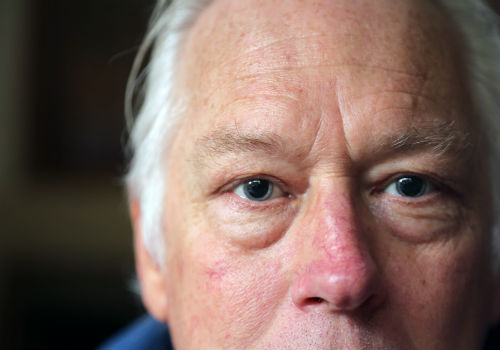The short answer is yes; you can have cataract surgery even if you have glaucoma. While most doctors address cataracts and glaucoma as individual cases, some patients seek out both glaucoma and cataract surgery. To have both at once, you need to consult your eye surgeon and make sure they are comfortable with doing surgeries at the same time
Cataract Surgery
A cataract is when there is a clouding on the lens of the eye. This condition can lead to a decrease in vision, making everything seem blurred or hazy. The surgery for cataracts involves removing the clouded lens in your eye and replacing it with a clear one.

In most cases, a doctor will see a cataract forming or developing long before you will notice it impeding your vision.
Treatments and surgery are common and have a high success rate, but complications occur if the patient also has glaucoma.
Since glaucoma can be problematic for those undergoing surgery, it is important to inform your surgeon of the condition and see if both can be taken care of at the same time.
Glaucoma Surgery
Glaucoma surgery, on the other hand, focuses more on reducing high eye pressure and lowering your medication intake for the condition. This surgery is often done using laser treatment and anti-glaucoma medications.
During this surgery, surgeons take extra care to monitor the intraocular eye pressure (IOP)—especially post-operation. Monitoring that eye pressure and adjusting the medications is important for patients with glaucoma.
There are several different types of glaucoma surgeries, including trabeculectomy, glaucoma drainage devices, canaloplasty, endocyclophotocoagulation, and micro-invasive glaucoma surgeries (MIGS).
Tackling Both At Once
Most doctors can tackle the problems individually. Because of the narrow angles in the structures of eyes with glaucoma, cataract surgery can be difficult. For this reason, glaucoma must be corrected first in most cases, depending on the degree and type of glaucoma. After successfully treating glaucoma, the cataract surgery will be much easier for the surgeon.

What Are the Risks?
If you have exfoliation glaucoma, that means your supportive structure is a lot weaker than normal—especially in your natural lens.
If you have advanced glaucoma, you also might want to reconsider having both surgeries at once because of the affected contrast sensitivity and additional sensitivity to glare. In this case, it would be better to have the glaucoma surgery first and heal before undergoing more eye surgery.
Various Treatment Options Available
Since there are risks involved, it is vital to know the various options and specific treatment plans for your situation. Knowing which options are best for your situation allows you to make an informed decision, but to do this, you must go to a reputable and experienced eye surgeon and ask their opinion.
When evaluating your eye, the ophthalmologist takes a look at the level and intensity of glaucoma and the individual development of the cataract. The doctor then compares the two with one another to see if it’s possible to do both operations or treatments at once.
If the cataract is not seemingly interfering with your daily, then the doctor will likely address the problems one at a time to reduce any risk.
Before you try a combination procedure, your doctor will evaluate you to assess your glaucoma based on your medications and how it looks as well as the maturity of your cataract.
With all surgeries, no matter what your previous medical history is, there are risks. The more medical problems that arise before the surgery, the riskier the actual operation or treatment is.
It is essential to discuss these risks and balance the benefits with your ophthalmologist or optometrist to see what type of treatment is right for you. Every patient is different, and every patient needs to know all of their options.

